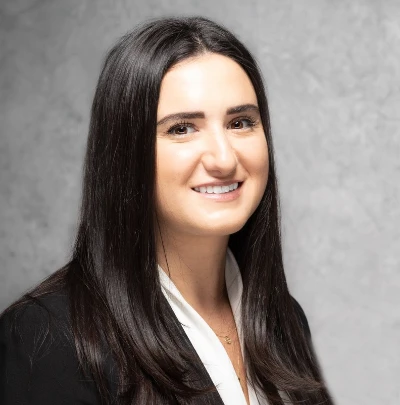3606 - Shaping Success: Radiation Oncologists' and Administrators' Perspectives on APRT Education and Implementation
Presenter(s)

N. Harnett1, S. Skubish2, C. Gillan3, Y. M. Tsang4, and M. P. Dimopoulos2,5; 1University of Toronto, Toronto, ON, Canada, 2Mount Sinai Health System, New York, NY, 3University Health Network, Toronto, ON, Canada, 4Princess Margaret Cancer Centre, Toronto, ON, Canada, 5Icahn School of Medicine at Mount Sinai, New York, NY
Purpose/Objective(s): Integration of the advanced practice radiation therapist (APRT) into radiation oncology has been shown to enhance capacity and improve care by allowing radiation oncologists to focus on complex cases and high-level clinical decisions. After completing structured education and training under radiation oncologists, APRTs take on specialized responsibilities aligned with their expertise. While APRT roles are well-established in Canada and the UK—demonstrating improved efficiency and patient outcomes— the development of standardized educational models in the United States remains in progress, with limited published guidance on best practices. This study, led by a grant-funded US-Canada collaborative team, explores radiation oncologists' and administrators' preferences for APRT training to inform an evidence-based framework for North America.
Materials/Methods: A 60-minute virtual focus group was held on January 10, 2025, with seven administrators and radiation oncologist leaders from six radiation oncology departments in Canada, the US, the UK, and Switzerland, where APRTs are established or expanding. A focus group methodology was chosen to facilitate in-depth discussion and consensus-building among radiation oncologist and administrator leaders. Participants were identified by APRTs who completed an international online survey and recommended physicians and leaders who were familiar with APRT roles in their department. Four researchers documented detailed field notes, compiled into a final transcript. Thematic analysis followed the Braun and Clarke framework, with consensus-building among researchers to confirm final themes.
Results: Four key themes emerged: 1/ selecting candidates based on leadership and critical thinking skills, 2/ structuring programs at the master’s level, 3/ requiring documentation of advanced clinical competencies, and 4/ ensuring adaptability for diverse clinical settings. These themes reflect critical components necessary for establishing a structured APRT training pathway that aligns with radiation oncology practice needs.
Conclusion: Radiation oncologist and administrator leaders aligned on key APRT training components, consistent with findings from other stakeholder groups. Notably, this focus group highlighted the characteristics of the most desirable APRT candidates. Findings will guide the development of an evidence-based, structured APRT curriculum for North America.
